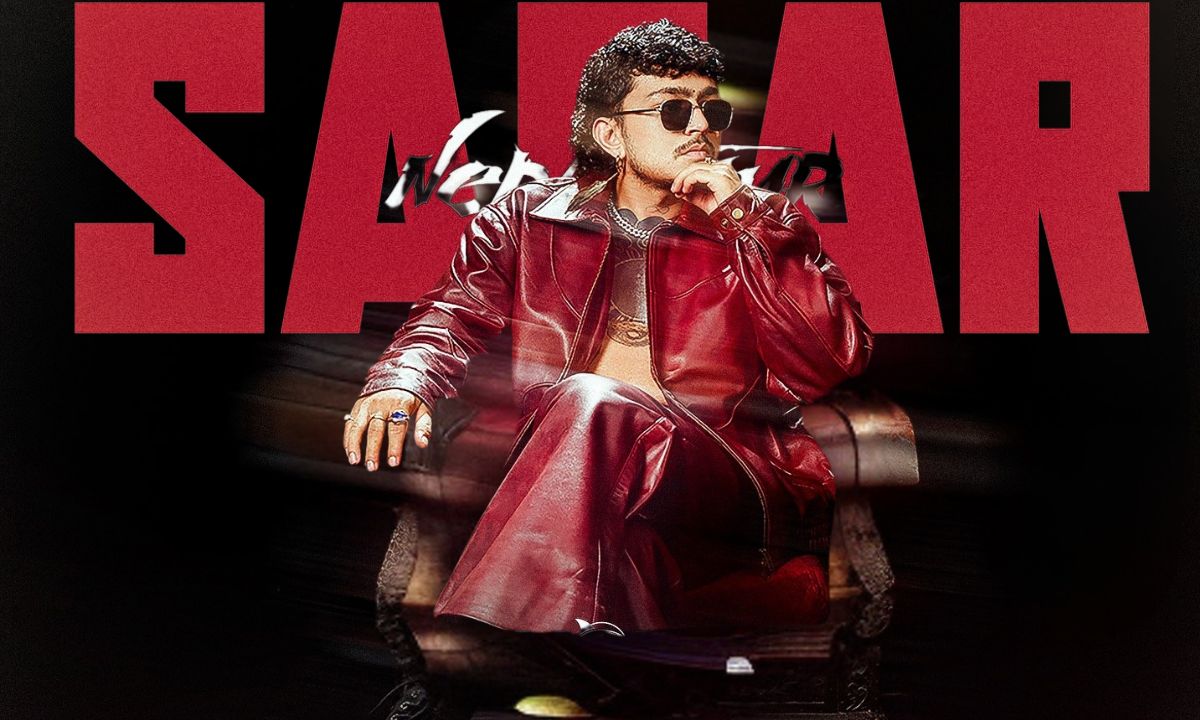A planned screening of Ritwik Ghatak’s Amar Lenin documentary and his iconic film Komal Gandhar at a government-run school in Kolkata on February 10 was reportedly cancelled due to objections raised by supporters of the local ruling party. The objections centered around the films’ political themes, which were deemed inappropriate for an educational setting. (Also read: No screening of Kangana Ranaut’s film Emergency in Punjab)
Ghatak, one of Bengali cinema’s most esteemed filmmakers, was to be celebrated with these screenings by Naktala Setu, a cultural group in South Kolkata, marking the centenary of his birth.
However, just days before the event, on February 5, the school authorities withdrew their permission, citing “certain developments,” according to Onkar Roy, a spokesperson for the organizing group, who spoke on Thursday.
Roy explained, “Initially, the headmaster was eager about the screenings when we were approached in the third week of January. He even mentioned being a fan of Ghatak’s work. But after February 5, it seemed like he was under pressure and informed us that there were issues with showing the films.”
The organization sought an alternative venue at a local club, but it too turned down the request, stating it was under pressure from higher authorities.
Undeterred, the NGO, which has been active in organizing social justice protests and community events, arranged a roadside screening in the nearby Bidhan Pally area, attracting hundreds of attendees.
The headmaster of Naktala High School, however, denied claims of external pressure, attributing the cancellation to scheduling conflicts. Another school official pointed out that some parents had expressed concerns about Amar Lenin, citing its political content as a cause for concern. In contrast, there were no objections to Komal Gandhar, which explores the plight of refugees following the Partition of India.
Amar Lenin (1970), created to honor the birth of Vladimir Lenin, faced its own censorship hurdles, which were eventually lifted after intervention from then-Prime Minister Indira Gandhi.
Komal Gandhar is part of Ghatak’s renowned trilogy, which also includes Meghe Dhaka Tara and Subarnarekha from the 1960s. The trilogy delves into the socio-cultural ramifications of post-partition migration and the struggles of refugees from East Pakistan.
This isn’t the first instance of a politically charged film encountering resistance in Bengal. Anik Dutta’s Bhabisyoter Bhoot, a left-leaning film, faced similar opposition during its theater run, triggering protests. It was re-released after the Supreme Court’s intervention, though theater owners claimed it was pulled due to underperformance at the box office, while Dutta and others argued it was targeted for its anti-establishment stance.
Several filmmakers and actors in Bengal chose not to comment on the matter, expressing a desire to first understand the full details before making any statements.








